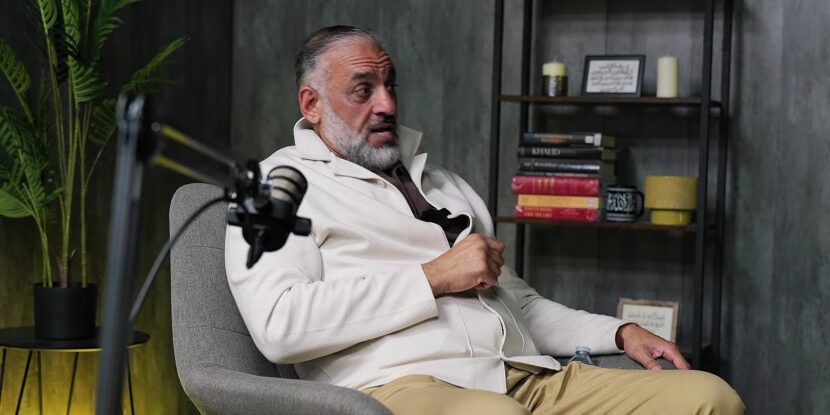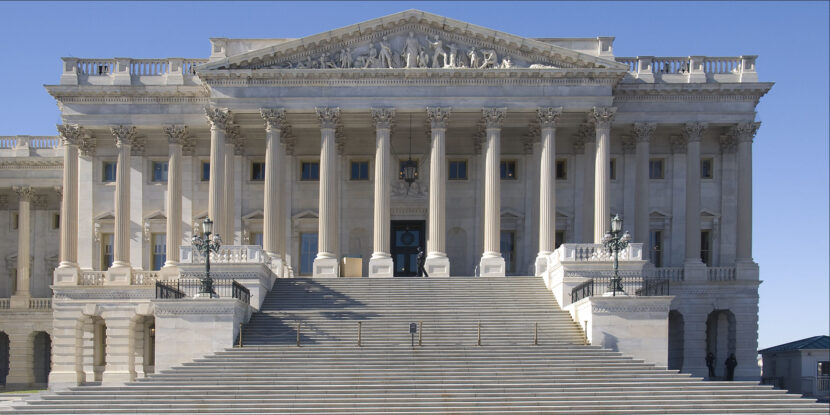❓WHAT HAPPENED: A federal appeals court in Washington, D.C., overturned a plea deal for 9/11 mastermind Khalid Sheikh Mohammed and two co-defendants, halting efforts to conclude the long-running legal case.
👤WHO WAS INVOLVED: Khalid Sheikh Mohammed, two co-defendants, former Defense Secretary Lloyd Austin, and the D.C. Circuit Court of Appeals.
📍WHEN & WHERE: The decision was issued Friday by the D.C. Circuit Court of Appeals.
💬KEY QUOTE: “The families and the American public deserve the opportunity to see military commission trials carried out,” wrote Judges Patricia Millett and Neomi Rao in the majority opinion.
🎯IMPACT: The ruling delays the sentencing and keeps the death penalty as a possible outcome for the three terrorists.
A U.S. federal appeals court has upheld former Defense Secretary Lloyd Austin’s decision to reject the plea agreements that would have barred 9/11 terror mastermind Khalid Sheikh Mohammed (KSM) and two co-defendants from being sentenced to capital punishment in exchange for the three pleading guilty to their crimes. The plea deals were initially negotiated between the former Biden government’s military prosecutors and defense attorneys for the three terrorists in August 2024.
However, after public backlash—including from family members of the victims of the 9/11 terror attacks—then-Secretary Austin moved to withdraw the plea agreements. The move was subsequently challenged by KSM and his co-defendants, with a military appeals court this past January determining that Austin could not overturn plea agreements for detainees at Guantanamo Bay.
The 2-1 decision by the federal appeals court in Washington, D.C., effectively reinstates the former Secretary of Defense’s decision, putting the potential for the death penalty back on the table for KSM and his associates. Austin argued that only the Secretary of Defense could decide whether to remove the death penalty from consideration.
Judges Patricia Millett and Neomi Rao, writing for the majority, stated that Austin acted within his legal authority and explained his decision adequately. The court noted, “The families and the American public deserve the opportunity to see military commission trials carried out.” Additionally, the court found that since the plea agreement had not been fulfilled, Austin had the authority to withdraw from it.
Meanwhile, Judge Robert L. Wilkins dissented, calling the majority’s decision “stunning.” He argued that the government failed to meet the legal standard required for overturning the plea deal, stating, “It is impossible for me to conclude that the government has shown it is clearly and indisputably entitled to relief.”
Join Pulse+ to comment below, and receive exclusive e-mail analyses.




















